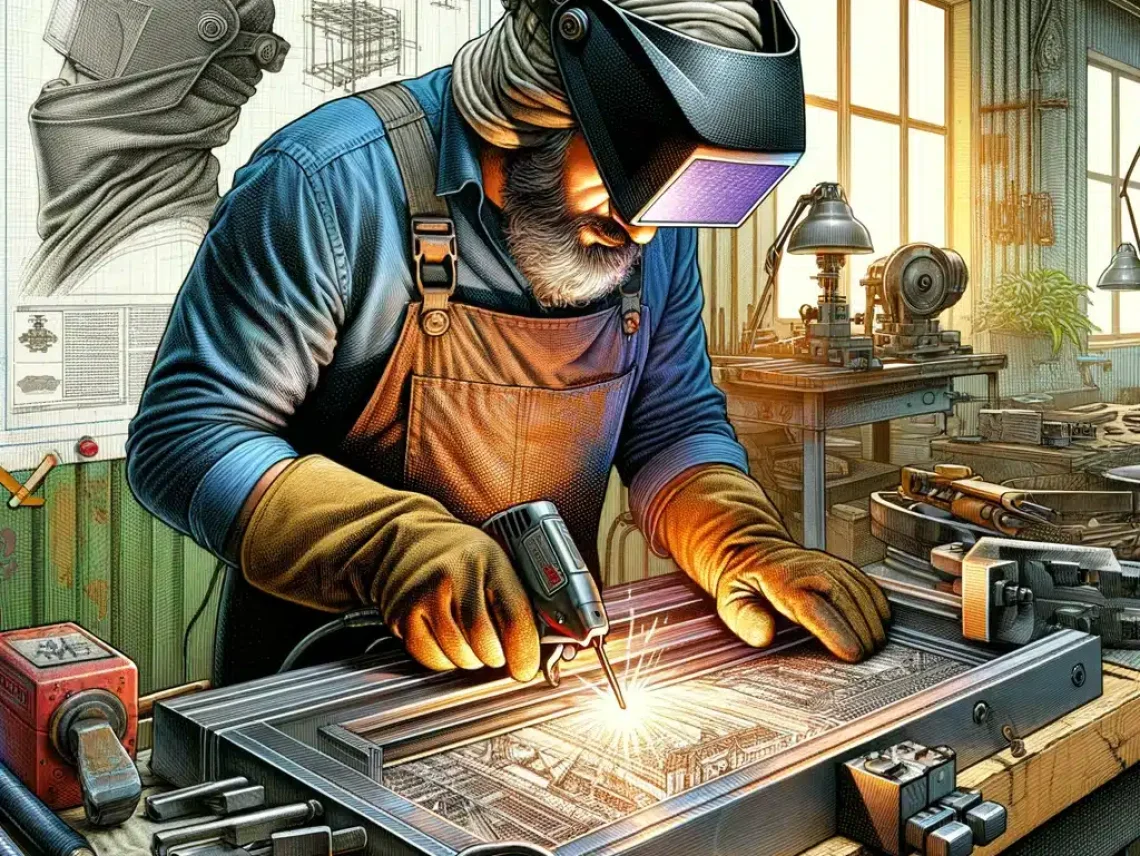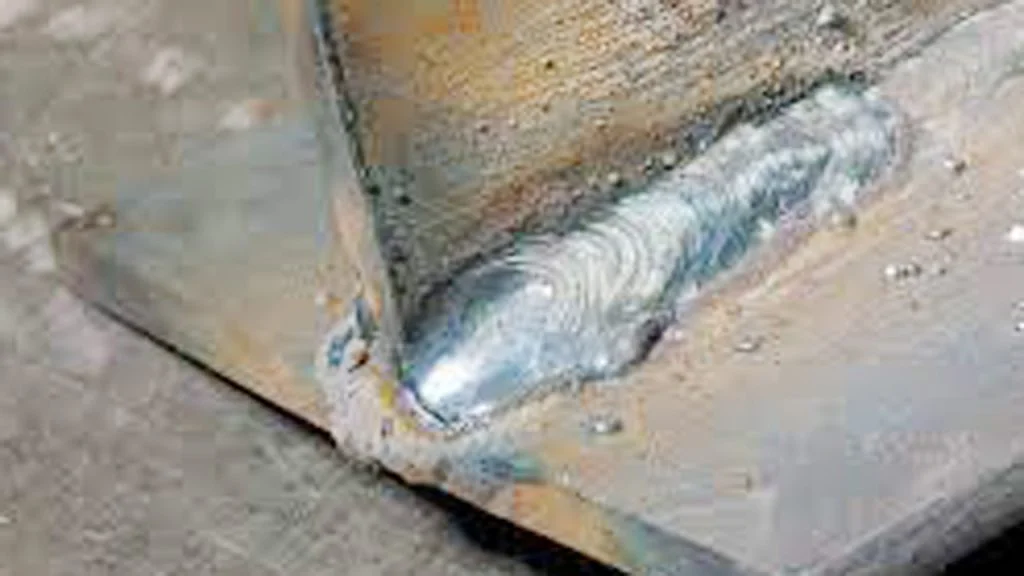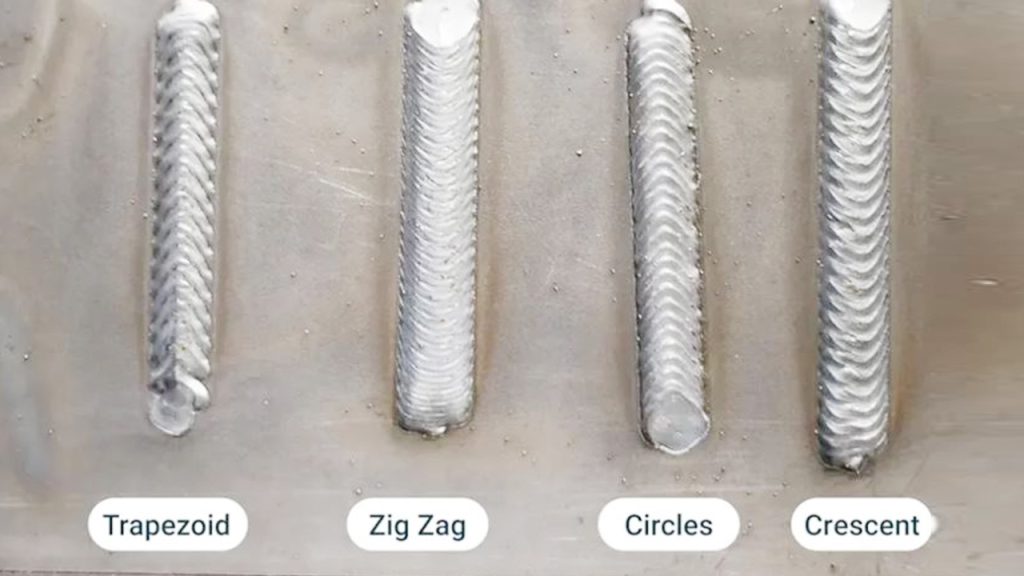A welder and fabricator’s salary can vary. It depends on experience and location.
In the United States, welders and fabricators earn different wages based on various factors. Both roles are crucial in construction, manufacturing, and repair industries. They shape and join metal parts to create structures and equipment. Understanding their earnings can help you decide if this career path is right for you.
This blog will explore the key factors influencing their pay. You’ll gain insight into average salaries, geographic differences, and industry demands. Whether you’re considering this career or just curious, this information will be valuable. Let’s dive into the world of welders and fabricators and what they can earn.

Credit: www.redriver.team
Welder And Fabricator Job Overview
Welders and fabricators play key roles in the manufacturing and construction industries. They work with metals to build or repair structures, machines, and equipment. Their skills ensure the safety and durability of various projects.
Understanding the job overview of welders and fabricators is crucial for anyone considering this career. This section will provide insights into their roles, responsibilities, and required skills.
Roles And Responsibilities
Welders and fabricators join metal parts using various welding techniques. They read and interpret blueprints and technical drawings. Their work often involves cutting, shaping, and assembling metal components.
They also inspect welded surfaces for defects. They ensure the final product meets quality standards. Welders and fabricators maintain their equipment to ensure safety and efficiency.
Skill Requirements
Welders and fabricators need strong manual dexterity and hand-eye coordination. They must understand different welding techniques, such as MIG, TIG, and arc welding. Knowledge of metallurgy is essential for selecting the right materials.
Basic math skills are necessary for measuring and calculating dimensions. They should be familiar with safety protocols to prevent accidents. Physical stamina is important, as the job can be physically demanding.
Credit: www.quora.com
Average Salary Overview
Understanding how much a welder and fabricator makes can help you plan your career. Welders and fabricators play crucial roles in construction, manufacturing, and other industries. Their skills are in demand. But how much do they earn on average? Let’s break it down.
National Averages
On a national level, welders and fabricators earn varying salaries. The average salary for a welder is around $44,000 per year. Fabricators tend to earn slightly more, with an average of $46,000 annually. These figures can change based on experience and skills.
Regional Variations
Salaries for welders and fabricators can differ by region. In states like California and Texas, wages are higher due to demand. Welders in California make around $50,000 a year. In contrast, states with lower living costs may offer lower wages. For example, welders in Alabama earn about $40,000 annually.
Urban areas also tend to pay more than rural areas. Cities like New York and Chicago offer higher salaries. This is due to the higher cost of living in these cities. Rural areas may have fewer job opportunities but lower living costs.
Factors Influencing Salary
When considering a career as a welder and fabricator, understanding the factors influencing salary is crucial. Several elements can impact how much you can earn in this field. These include your experience level, the industry you work in, and other critical factors.
Experience Level
Your experience level plays a significant role in determining your salary. Entry-level welders typically earn less than those with years of experience. As you gain more skills and knowledge, your earning potential increases. Experienced welders often take on more complex tasks, leading to higher wages.
Industry Type
The industry you work in also affects your salary. Welders in the construction industry might earn differently compared to those in manufacturing or aerospace. Different industries have varied demands and pay scales. For instance, specialized fields like shipbuilding may offer higher wages due to the complexity of the work.
Entry-level Earnings
Starting a career as a welder and fabricator can be an exciting journey. But before you dive in, you might be wondering, “How much do I stand to earn at the beginning?” Let’s break it down to give you a clear picture of what to expect when you’re just starting out in this field.
Starting Salaries
When you first step into the world of welding and fabricating, the paycheck is a big motivator. So, how much can you expect to make?
Typically, entry-level welders and fabricators can earn anywhere from $30,000 to $40,000 per year. This range can vary based on location, the industry you’re in, and the company you work for. For example, welders in big cities might earn more due to the higher cost of living.
Here’s a quick snapshot:
| Region | Annual Salary |
|---|---|
| Urban Areas | $35,000 – $40,000 |
| Suburban Areas | $30,000 – $35,000 |
| Rural Areas | $28,000 – $33,000 |
Job Opportunities
Alright, you have an idea about the salary. But what about job opportunities? Where can you find these entry-level positions?
Welders and fabricators are needed in various industries, such as:
- Construction
- Manufacturing
- Automotive
- Shipbuilding
- Oil and Gas
Each of these industries offers unique experiences and opportunities. For instance, working in construction might have you building skyscrapers, while a job in the automotive industry could have you working on the latest car models.
So, whether you dream of welding on a high-rise building or fabricating parts for cutting-edge technology, there’s a place for you in this field. And remember, as you gain experience and skills, your earnings and job opportunities will only grow. Isn’t that exciting?
Mid-level Earnings
Mid-level welders and fabricators have gained significant experience in their field. They have moved beyond entry-level positions and now earn a respectable income. Their skills and knowledge often lead to higher pay and better job opportunities.
Salary Growth
Mid-level welders and fabricators see a noticeable increase in their earnings. Their experience and expertise make them valuable to employers. On average, they can earn between $40,000 to $55,000 per year. This amount varies based on location, industry, and demand.
Location plays a big role in salary differences. Welders in urban areas often earn more than those in rural locations. Industries such as construction and manufacturing also influence pay rates. Specialized skills and certifications can further boost salaries.
Career Advancement
Mid-level professionals have many opportunities for career growth. They can move into supervisory roles or specialize in niche areas. These roles often come with higher pay and more responsibilities.
Continuing education and certifications help advance careers. Many welders pursue additional training to stay current. This commitment to learning increases their marketability and earning potential.
Networking within the industry can also aid career progression. Building relationships with peers and mentors opens doors to new opportunities.
Senior-level Earnings
Senior-level welders and fabricators earn significantly more than their junior counterparts. Their years of experience, advanced skills, and leadership roles contribute to higher pay. Understanding the top salaries and leadership opportunities in this field can help you set career goals and expectations.
Top Salaries
Senior welders and fabricators often earn top salaries. These professionals can make between $50,000 and $80,000 per year. In some regions, they may earn over $100,000 annually. Specialized skills and certifications can boost earnings even further. For example, underwater welders and those with advanced certifications can command premium pay. The demand for skilled labor in this field remains strong, driving wages higher.
Leadership Roles
Senior welders and fabricators often move into leadership roles. They may become supervisors, foremen, or project managers. These positions come with added responsibilities and higher pay. Leading a team involves planning, coordinating, and ensuring quality work. These roles require strong communication and organizational skills. Senior-level professionals often mentor junior welders, sharing their knowledge and expertise. This guidance helps maintain high standards and promotes a safe working environment.
Specialized Welding And Fabrication
If you’ve ever wondered how much a welder and fabricator can make, you’re in the right place! The world of welding and fabrication is vast, with many different paths one can take. Among the most lucrative are the specialized areas of welding and fabrication. These jobs require specific skills and knowledge, but they also come with higher paychecks. Let’s dive into what makes these specialties so rewarding.
High-paying Specialties
Specialized welders and fabricators are in high demand, and for good reason. The more specific the skill, the higher the pay. Here are some of the top-paying specialties:
- Underwater Welding: This is one of the most dangerous but also one of the best-paying specialties. Underwater welders can earn up to $200,000 per year. It’s not just about welding underwater; it’s about dealing with all the risks that come with it.
- Pipeline Welding: Pipelines are crucial for transporting oil and gas. Pipeline welders can make between $70,000 and $100,000 annually. The job often requires travel and working in remote locations, but the pay makes it worth it.
- Aerospace Welding: Working with aircraft and spacecraft requires precision and expertise. Aerospace welders typically earn between $50,000 and $100,000 per year. It’s a job that demands attention to detail and a high level of skill.
Certification Impact
Having the right certifications can significantly impact a welder and fabricator’s salary. Certifications show that you have the skills and knowledge needed for specialized tasks. Here are some key certifications to consider:
- Certified Welding Inspector (CWI): This certification can open doors to higher-paying supervisory roles. CWIs often earn more because they ensure the quality and safety of welding projects.
- Certified Welding Educator (CWE): If you have a passion for teaching, becoming a CWE can be both fulfilling and lucrative. Educators typically earn between $50,000 and $70,000 annually.
- Certified Welding Supervisor (CWS): This certification focuses on overseeing welding projects and ensuring productivity. CWSs can earn upwards of $80,000 per year.
In the world of welding and fabrication, having specialized skills and certifications is a game-changer. Not only does it open up opportunities for higher pay, but it also allows you to work on more exciting and challenging projects. So, if you’re looking to boost your career, consider investing in specialized training and certifications. It could be the best decision you ever make!
Additional Benefits
When considering a career as a welder and fabricator, it’s essential to look beyond the paycheck. There are various additional benefits that can significantly enhance the overall job satisfaction and financial stability. From comprehensive health coverage to attractive retirement plans, the perks of this profession often go unnoticed. Let’s delve deeper into the additional benefits that welders and fabricators can enjoy.
Health And Retirement Benefits
One of the most significant advantages of working as a welder and fabricator is the comprehensive health and retirement benefits offered by many employers. These benefits often include:
- Medical Insurance
- Dental Insurance
- Vision Insurance
- Life Insurance
Medical insurance can cover hospital visits, surgeries, and regular check-ups, ensuring you and your family stay healthy without burning a hole in your pocket. Dental and vision insurance are also crucial, as they help maintain overall well-being.
Moreover, life insurance provides financial security for your loved ones in case of an unfortunate event. Employers often contribute to these plans, making it a highly valuable benefit.
In terms of retirement, many companies offer 401(k) plans or pension plans. This means that a portion of your salary is invested for your future, often with employer matching. So, you can retire comfortably after years of hard work.
Overtime And Bonuses
Welders and fabricators often have the opportunity to earn extra income through overtime and bonuses. Here’s how:
- Overtime Pay: Working beyond the standard 40-hour workweek can be lucrative. Overtime is usually paid at a higher rate, often 1.5 times the regular hourly wage. This not only boosts your paycheck but also reflects the high demand for skilled labor in this field.
- Performance Bonuses: Many companies reward their employees with performance bonuses. This could be based on project completion, quality of work, or meeting specific targets. These bonuses can significantly increase your annual earnings.
- Holiday Pay: Working on holidays can also earn you additional pay, making those extra hours worth your while.
These financial incentives not only enhance your earnings but also motivate you to put in your best effort. Who doesn’t like a little extra cash, right?
In conclusion, while the base salary of a welder and fabricator is essential, the additional benefits offered can make a significant difference in your overall job satisfaction and financial health. From comprehensive health coverage to lucrative overtime pay, these perks are worth considering when choosing this career path.

Credit: astromachineworks.com
Frequently Asked Questions
What’s The Highest Paid Welding Job?
Underwater welding offers the highest paid welding jobs. Professionals can earn over $100,000 annually due to high demand and risk.
Is Welding And Fabrication A Good Career?
Yes, welding and fabrication can be a good career. It offers job stability, good pay, and opportunities for growth. Skilled welders are in high demand across various industries. With proper training, you can build a rewarding career in this field.
Can I Make 100k As A Welder?
Yes, you can make 100k as a welder. Specializing in fields like underwater welding or working overtime boosts earnings.
Do Welders Make 300k?
Most welders do not make $300k annually. Highly specialized welders in demanding fields can earn higher salaries.
Conclusion
A welder and fabricator’s salary varies by experience and location. They can earn a good living. Skilled workers often see higher pay. Entry-level jobs offer lower wages but provide growth opportunities. Overtime and certifications can boost income. This career requires hands-on skills and attention to detail.
It’s a rewarding path for those passionate about metalwork. Consider training programs to get started. Explore local job markets to understand potential earnings. This field offers stability and growth for dedicated individuals.

